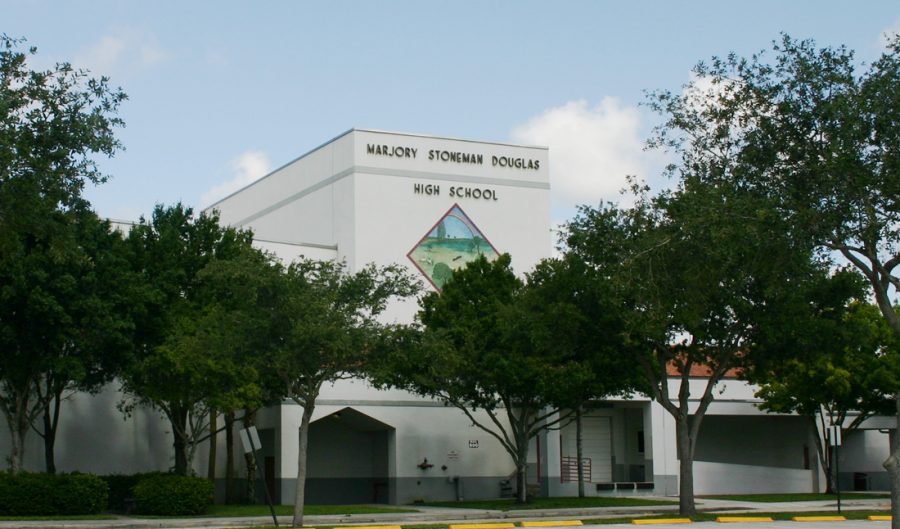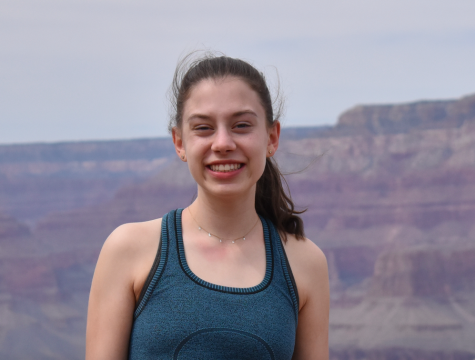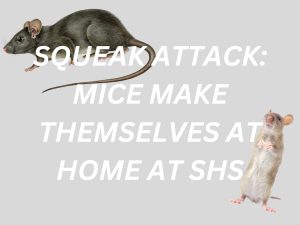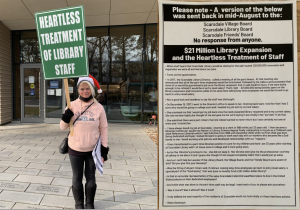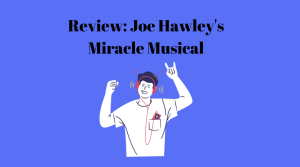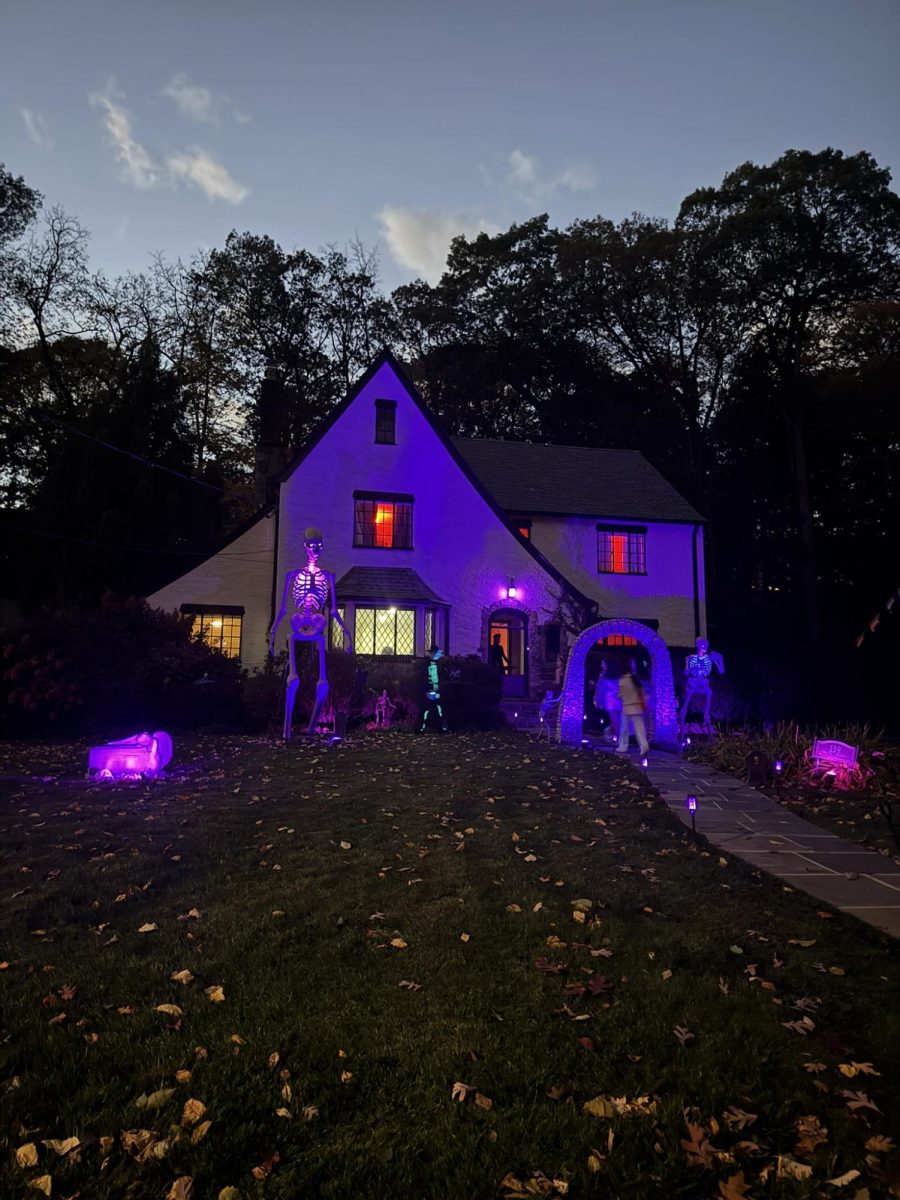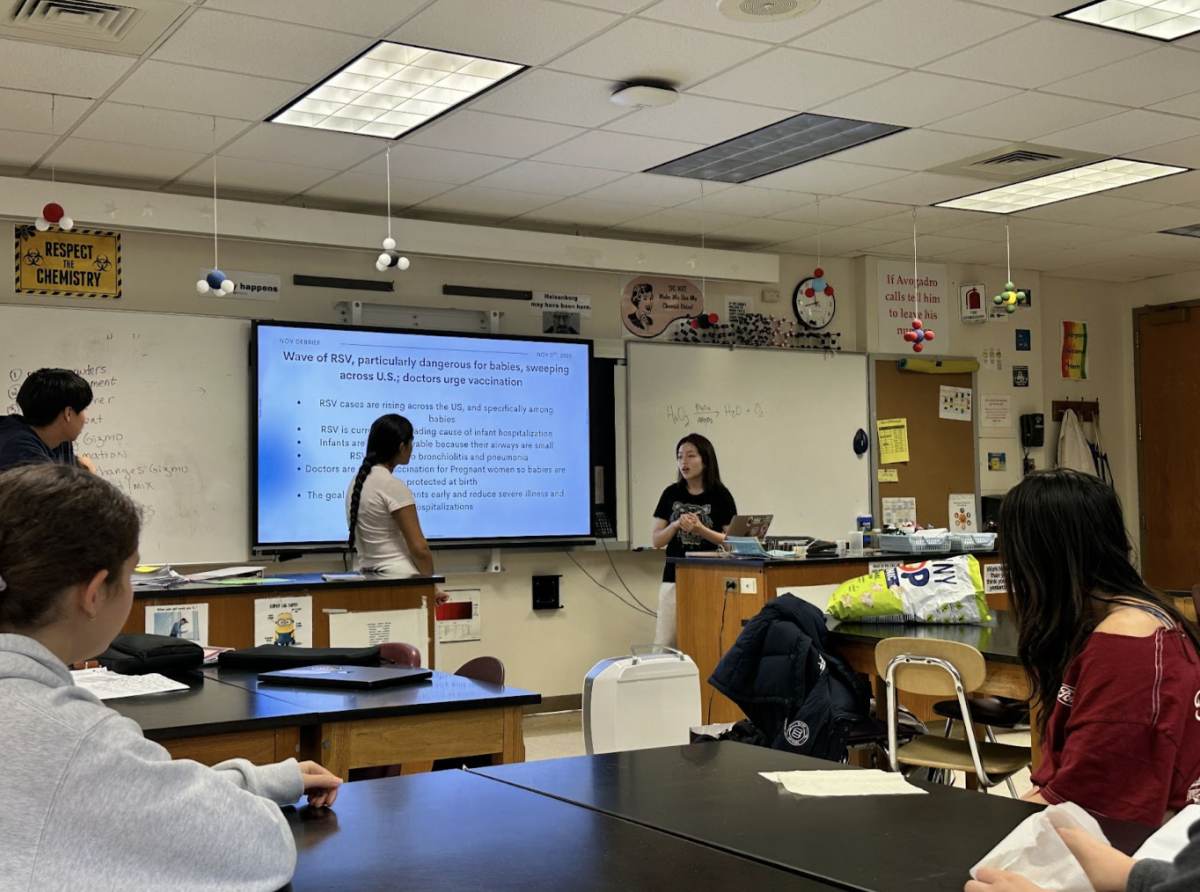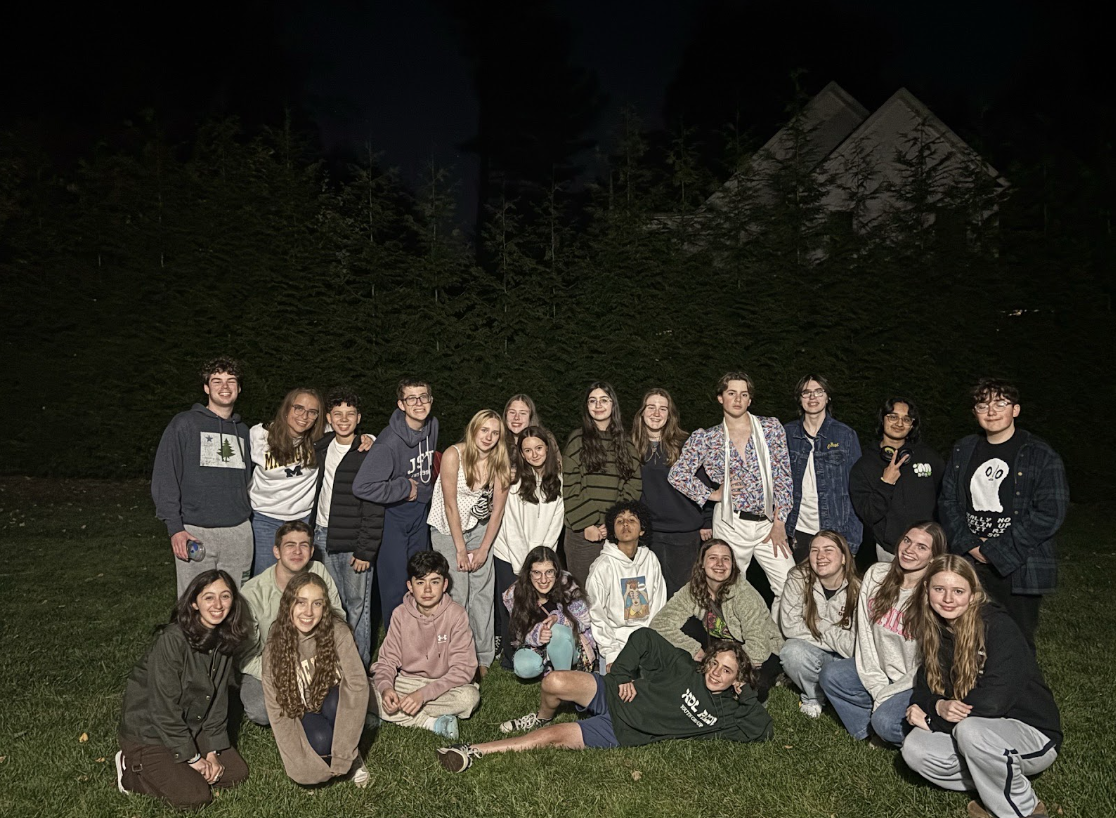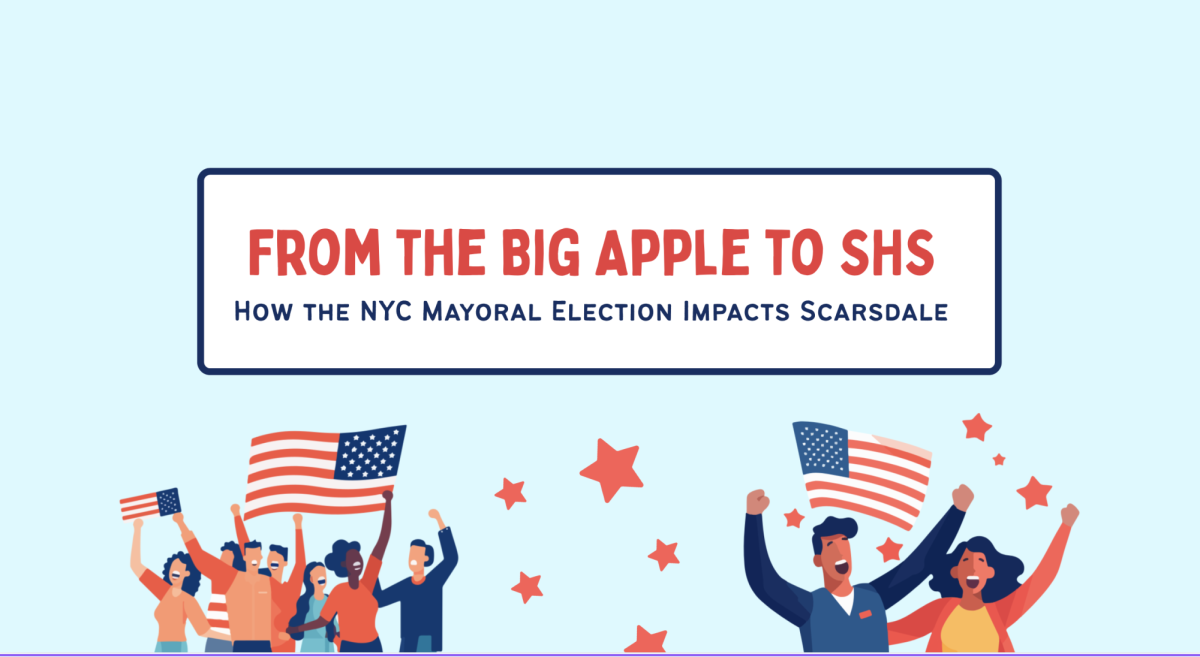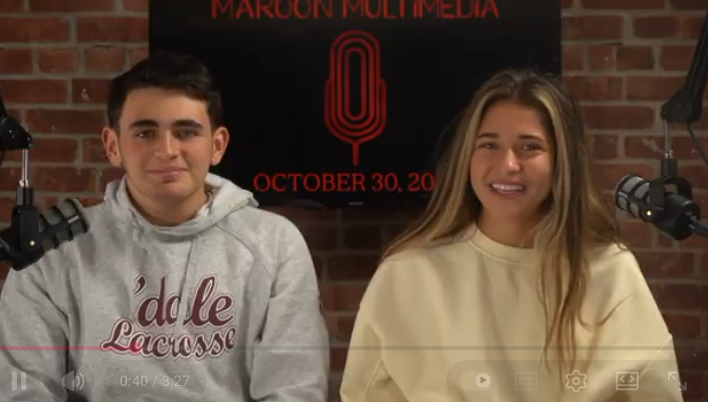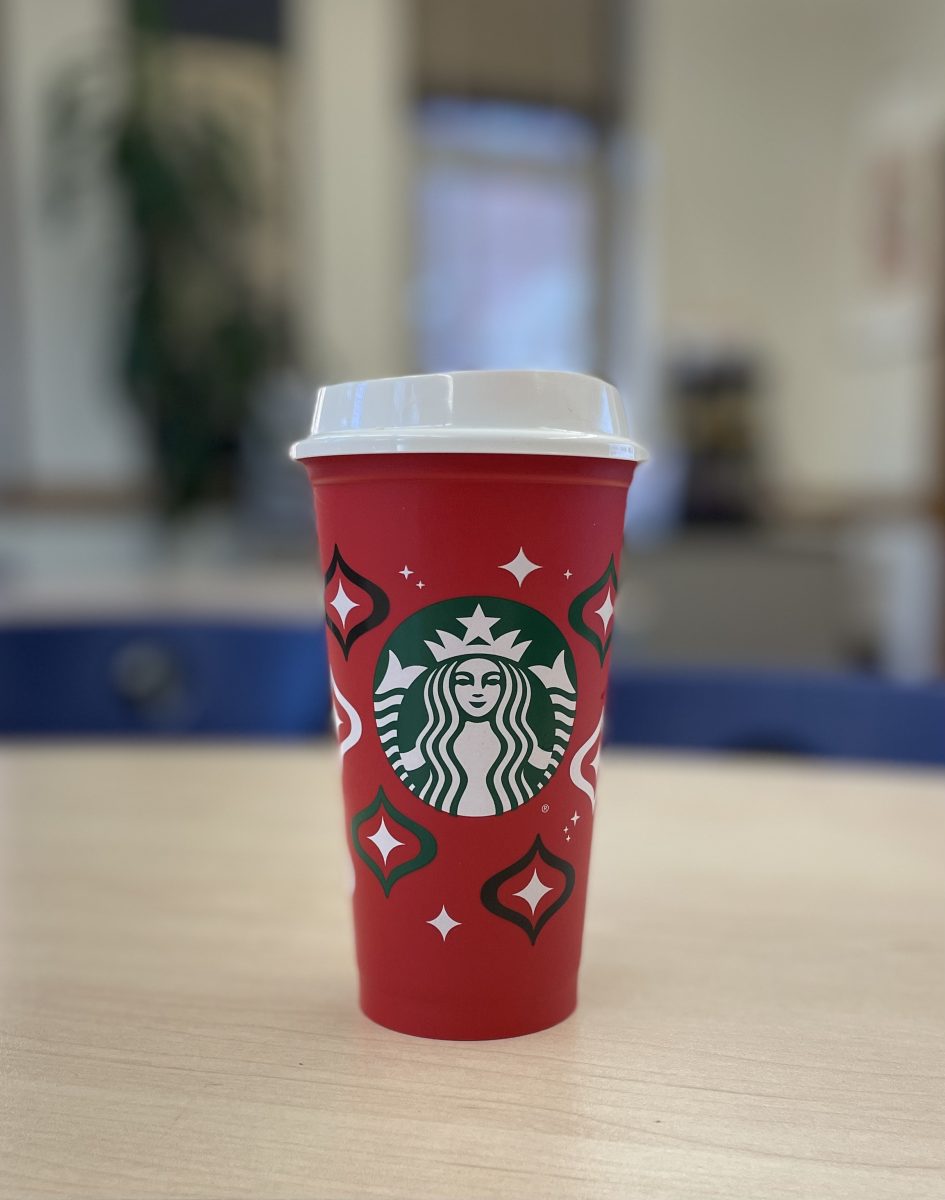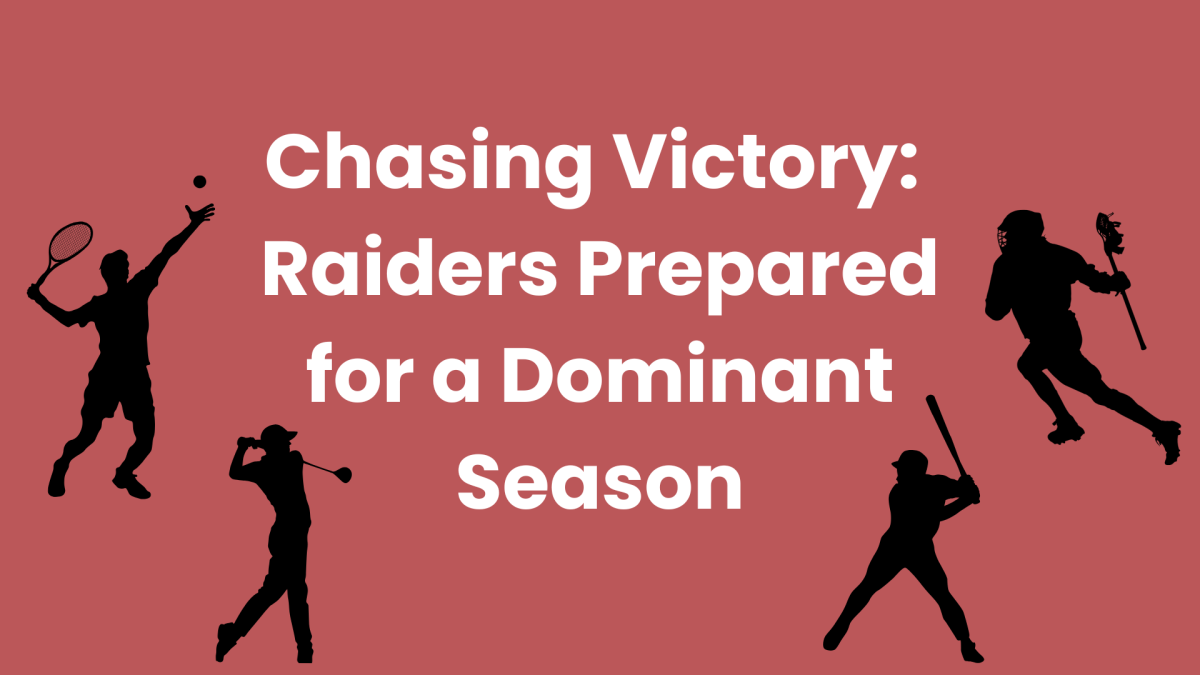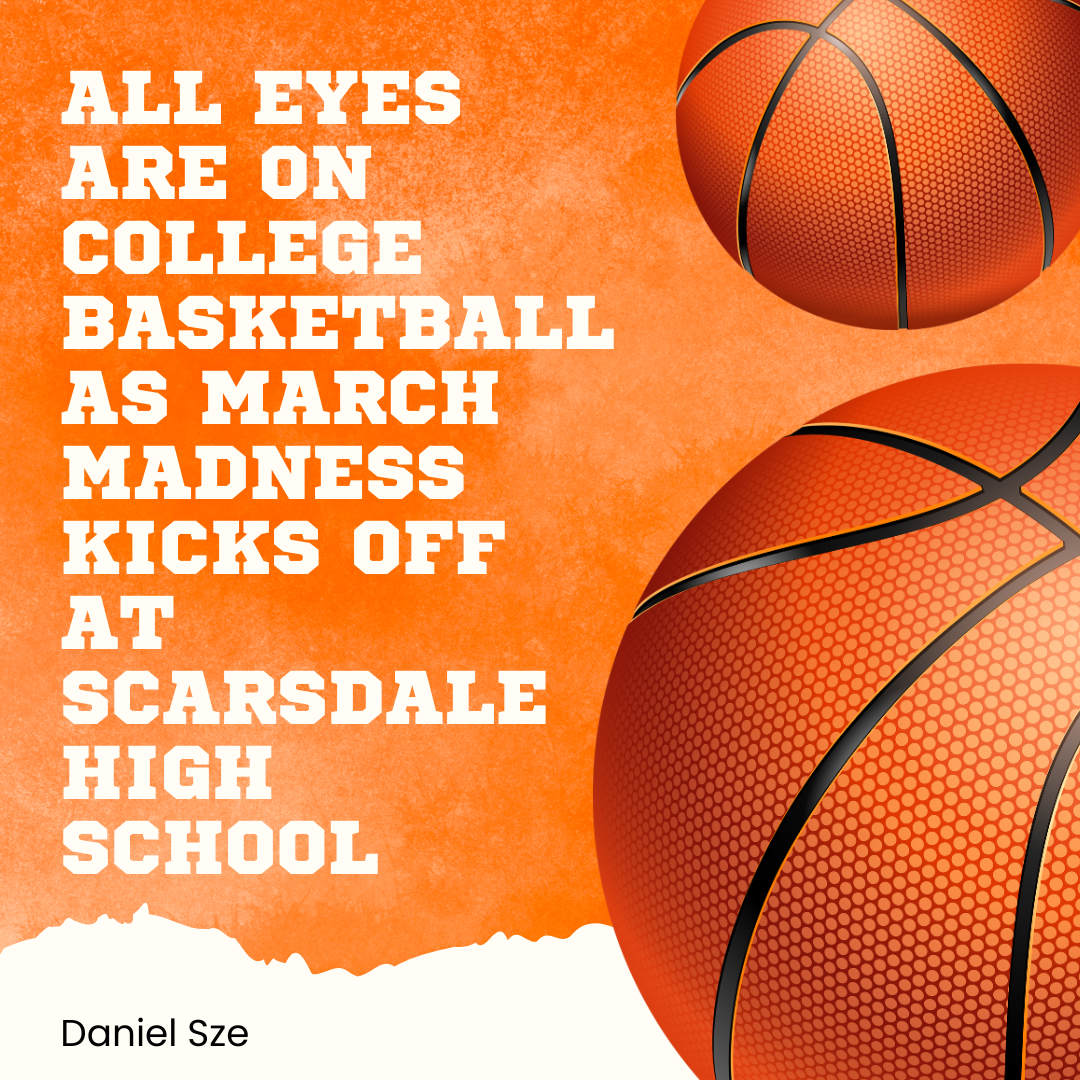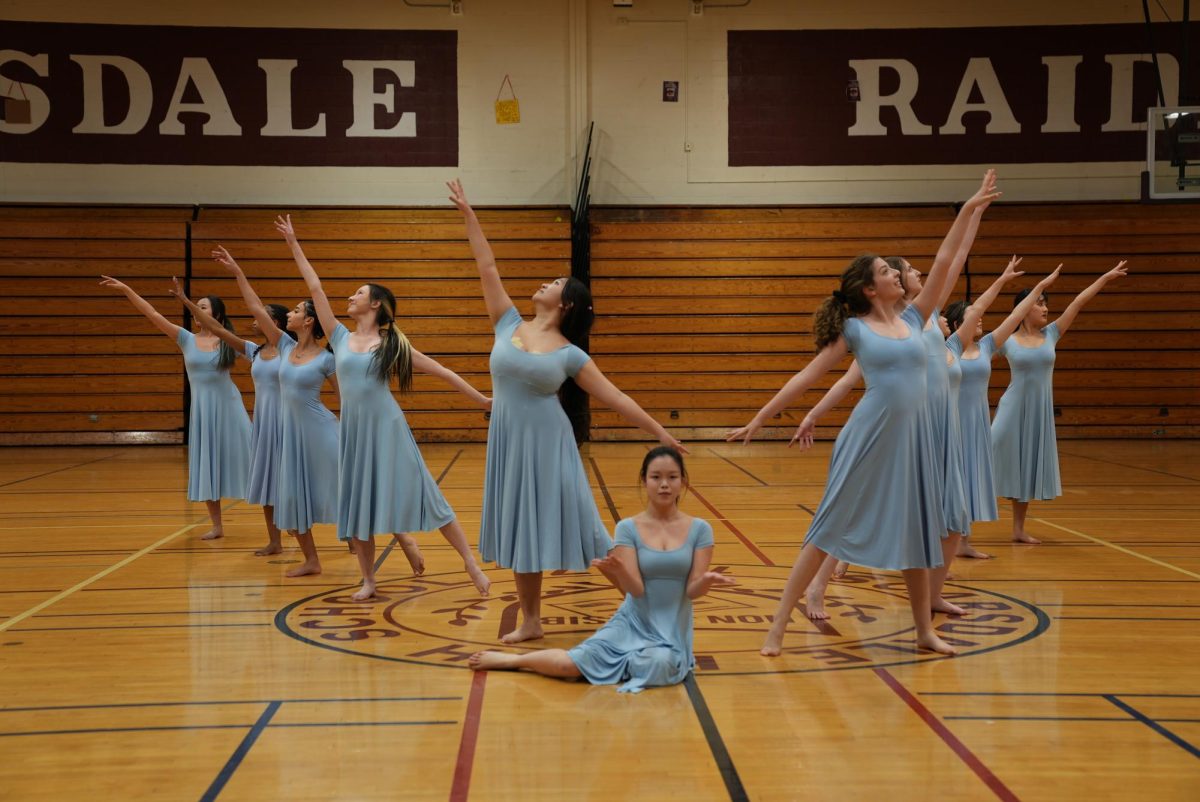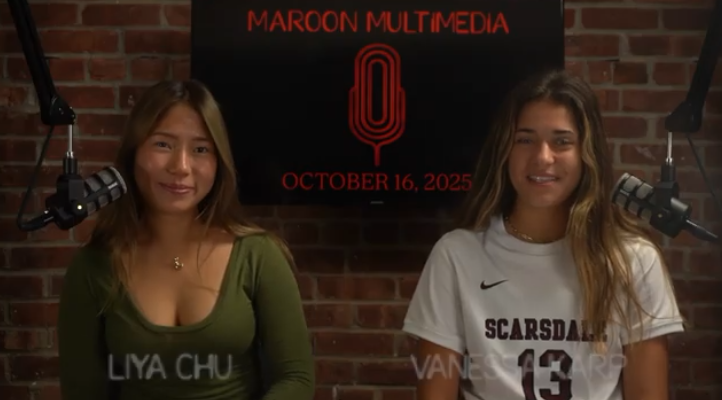A Year After Mass Shooting: Q&A with MSD Student
March 1, 2019
Valentine’s Day. February 14. A day that traditionally conjures up thoughts of flowers, chocolates, hearts, and romance. But that tradition was tragically shattered on February 14, 2018, when a 19-year-old armed with an AR-15 stormed Marjory Stoneman Douglas High School (MSD) and killed 17 people. The unbelievable heartbreak that occurred will always affect the students, parents, teachers, and friends in Parkland, Florida and around the world. For those who live far away from Parkland, the distractions of daily life help curb the acute pain. But the wounds for Parkland students, families, teachers and the entire Parkland community are still fresh. Former Scarsdale student and current MSD senior—and survivor—Sammy Schneider agreed to discuss what life has been like both in school and outside of school since the shooting.
——
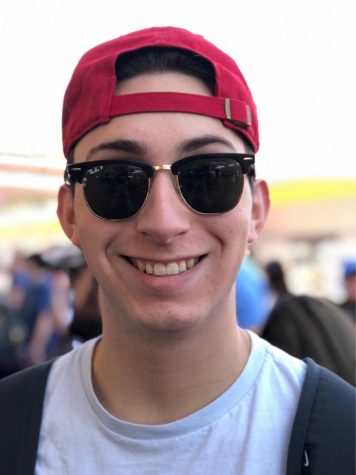
Natalie Schonfeld (NS): How has school changed for you since the Parkland shooting?
Sammy Schneider (SS): Everything’s different now… security guards and police are at every corner. We have actual cops at every corner of our school. It isn’t a jail, but sometimes it feels like one because you’re always surrounded by people who are watchdogs, who make sure you don’t do anything bad or that nothing bad is happening.
Everyone has a different mood. People bring it up sometimes. Teachers will bring it up in conversation and it’s awkward and it’s sad, but at the same time it’s still a shock to everyone. It’s hard to talk about.
NS: You talked a little bit about security measures. How have those changed since the shooting?
SS: Now we have to wear IDs when we go to school. When we walk in, in the morning, they have security guards standing at a little gate that wasn’t there before. They make sure you have the right ID on. It isn’t super high security where they’re checking everyone, but they just need to make sure that you have an ID. So I would say that they’ve tried to step up security in that way.
They haven’t made it any harder in my opinion to prevent anything from happening. They only check your bag if you bring in a bag other than your backpack. They assume that what you have in your backpack is school supplies. I understand that it could take a while for [security guards] to check every single kid’s bag in the morning, but if time is the biggest thing they’re worried about, then clearly they do not have the right mindset. Keeping us safe should be the number one priority—not the amount of time we’re in school.
NS: How has your life outside of school changed?
SS: Honestly, the only way it has really changed is when [the shooting] comes up in conversation. We—a couple of my friends and I—try our best. We try our best to just not think about it because it will bring us down, and [instead], we try to enjoy life and what we have. We don’t know what can happen at any moment.
But there are certain moments, like when you’re just sitting in your room and can’t think of anything else, when [thinking about the shooting] is just inevitable, and it does affect your social and personal life.
NS: Have any of your classes changed because of it?
SS: I’m taking government right now… [it covers] everything the March For Our Lives kids have been doing with the government. There is a lot of mixing in what they’ve done into our curriculum to help us understand more. Otherwise, in other classes, some teachers bring [the shooting] up more than others. Just yesterday, I was reading in the textbook for my government class, and they had an example of March For Our Lives as an example of how social media has changed the way the government is viewed. The March For Our Lives platform [shows] how social media is used to affect people’s opinions. I would say my government class is the one that was changed the most.
——
Maroon is grateful to Sammy Schneider for this thoughtful and introspective interview. Our thoughts and deepest sympathies are with the entire Parkland community.

